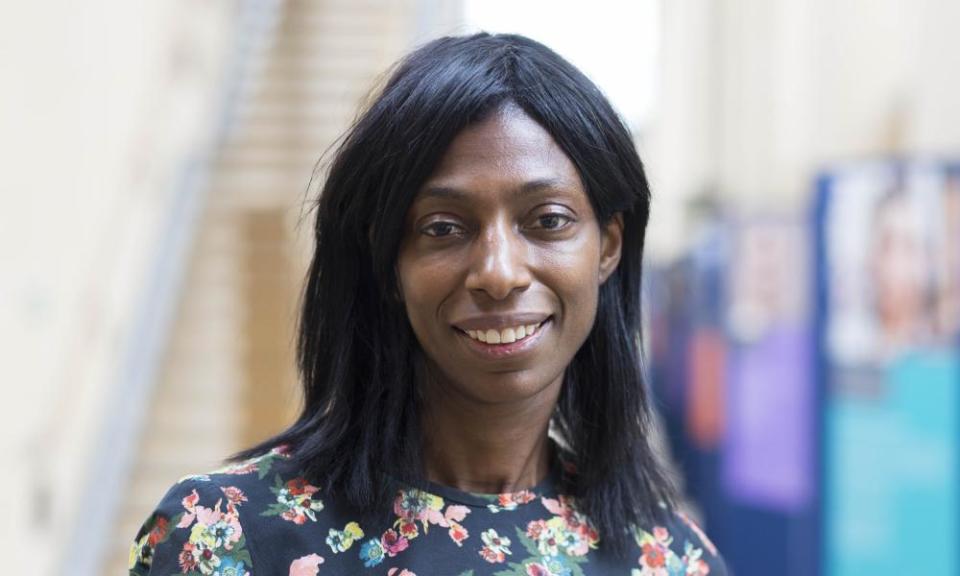Who gets on to the civil service fast stream?

The 2018 civil service fast stream programme is now open, and if previous years are anything to go by, thousands of eager graduates will be considering whether to apply for one of the 15 schemes available.
The fast stream programme is one of the UK’s most popular graduate schemes, with 32,450 applicants in 2016 (the most recent year for which figures are available). For the successful candidates – and in 2016, that was just 1,245 people – the potential rewards are large. Fast streamers are paid £28,000 while they are on the scheme but will then be looking at a salary of up to £55,000 after three years’ training, and many will be aiming for the highest positions in Whitehall.
There has, however, been growing disquiet about the elitist nature of the scheme. Despite high-profile success stories such as Sharon White, now chief executive of Ofcom, who comes from a working class family, and concerted efforts by the Cabinet Office to support applications from a wider background, those who succeed still tend to be white, middle class and Oxbridge educated.
Cabinet Office figures sent to Labour MP Dan Jarvis earlier this year show that over the past four years of data, about a fifth of applicants to the fast stream were from private schools – about three times the proportion who attend such schools in the UK. While the number of private school applicants has dropped very slightly over the past four years, they still fare better than those from state schools. In 2016, 28.6% of successful applicants came from private schools, up from 23% in 2014.
The government has implemented a number of moves to try and make the process more inclusive. A five-day internship is available for first-year undergraduates if they are from a black or minority ethnic background, are socially or economically disadvantaged or have a disability, and six- to nine-week summer internships are also available to give people from diverse backgrounds the opportunity to see what a career in the civil service is like.
The Cabinet Office says innovative methods are being used to address gender imbalance across the whole civil service, including new software to remove gender bias from all fast stream webpages and related media. The Institute for Government thinktank points out that for the past three years, 47% of candidates recommended for appointment have been women – a gradual rise from 38% of women in 1998.
But in 2016, despite 339 people of black Caribbean origin applying – nearly double the previous year – not a single one was appointed, the first time in five years there was no representation from that ethnic group in the cohort. Of the 1,245 successful candidates, 84.5% identified as white and 15.5% identified as coming from an ethnic minority background. Only 2.4% of candidates from an ethnic minority background succeeded, whereas 4.3% of white candidate made it through to being recommended for an appointment.
According to the institute, the percentage of working class candidates recommended for appointment fell from 4.1% to 3.8%, despite the number of people from lower socio-economic backgrounds rising slightly from 8% in 2015 to 8.6% in 2016.

 Yahoo News
Yahoo News 